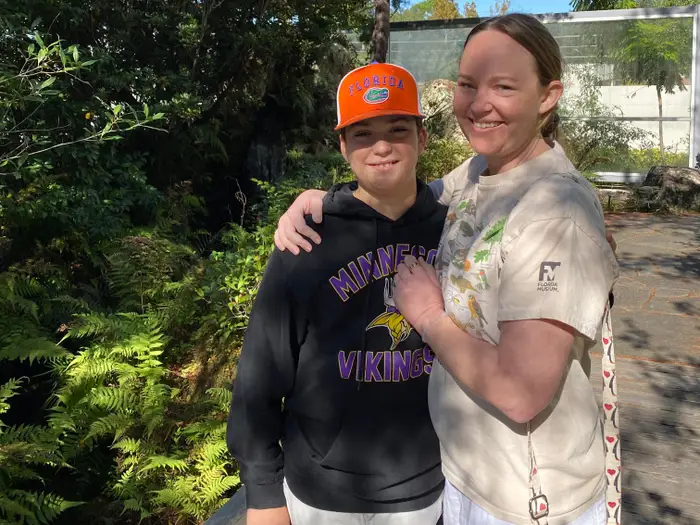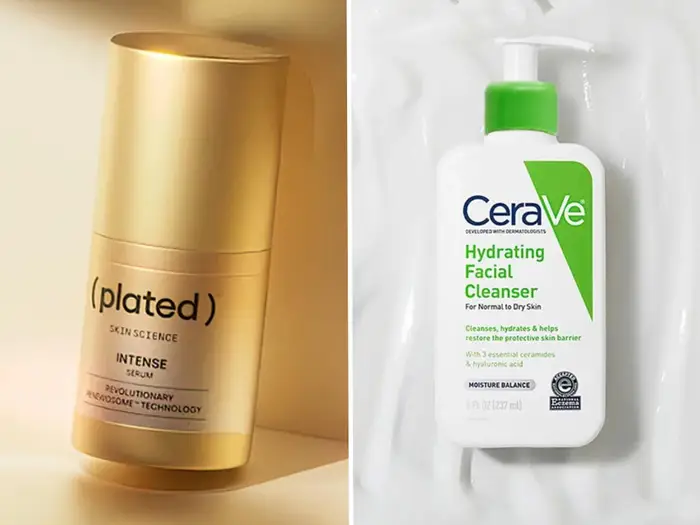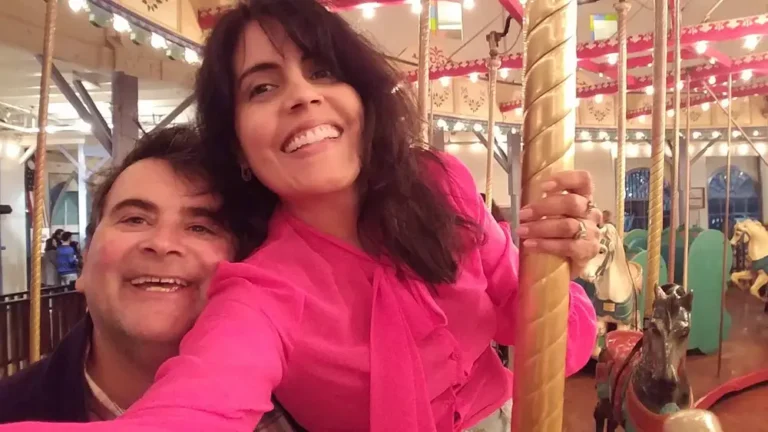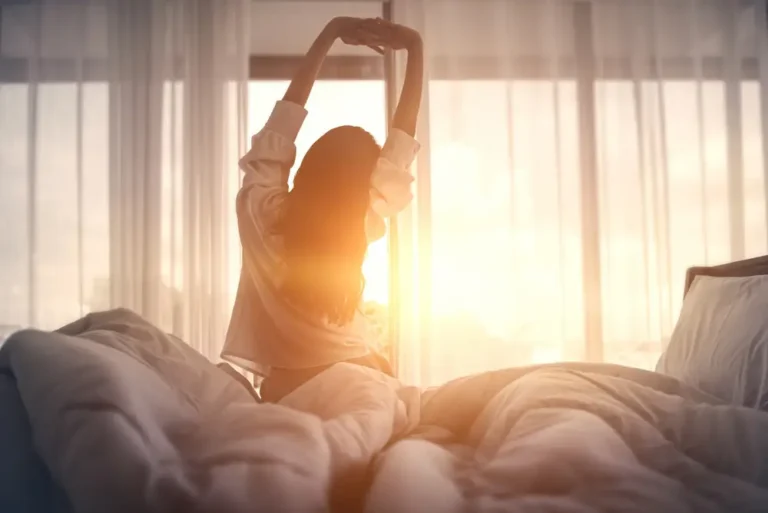I left my multimillion-dollar career as a producer in Hollywood to start a longevity business. I make less money but haven’t looked back.
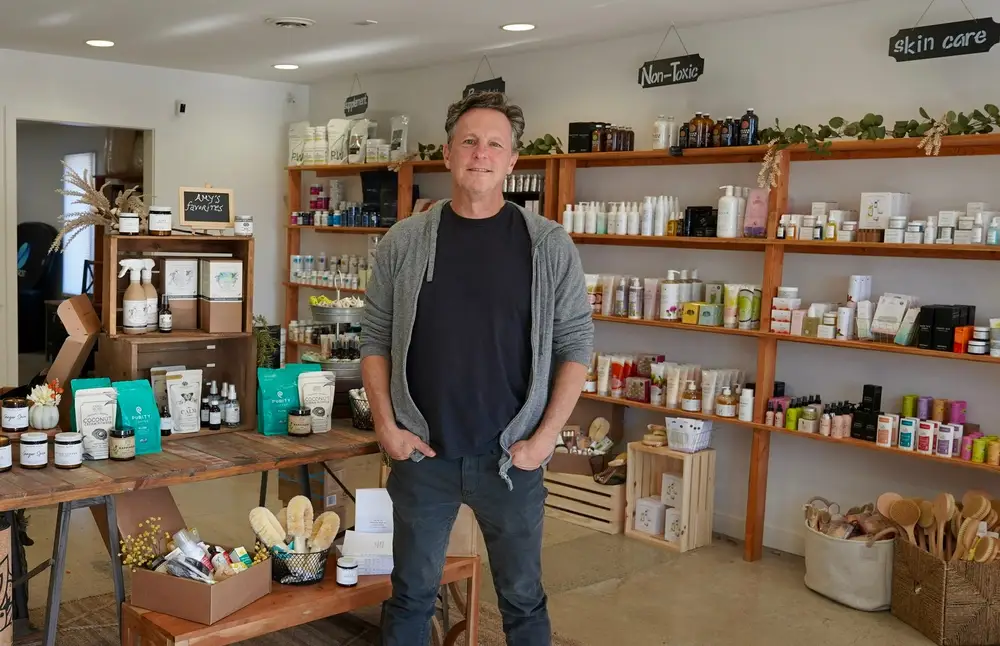
Gary Binkow was a Hollywood producer before he sold his media company and pivoted to a new business in the wellness industry.
This as-told-to essay is based on a conversation with Gary Binkow, a former Hollywood producer who gave up his multimillion-dollar career to start a new business in the longevity industry. It has been edited for length and clarity.
I got into the movie business because my one talent as a kid was that I was really good at watching TV and movies — I mean, I just inhaled everything I could.
The way my brain works is that I would watch TV shows and movies and try to unravel what it was about them that moved me and how the storytelling worked. And so then, when I found out you can go major in moviemaking, I decided to do that. I went to Columbia University and majored in film because, frankly, I thought it would be easy. I’m always looking for the path of least resistance.
I started working for MTV in New York in 1980 and, after moving to California, worked my way up from an assistant working at 20th Century Fox to a development executive, then eventually a producer, mainly based at Miramax Films.
I had a long career in Hollywood. I made about 30 films on the independent side and had a successful run at Miramax. At the top of my career, I produced a movie called “Finding Neverland,” which came out in 2004, won a bunch of awards, and got nominated for several Oscars.
Even though I had been successful, I still found my creative ideas blocked by industry gatekeepers like Harvey Weinstein, who repeatedly passed on them even though they’d made millions with other studios.
I decided I didn’t want to be in a system where I couldn’t control my own destiny and realized I was really an entrepreneur. When you make 30 independent movies, you are essentially building 30 independent companies. So, I decided to use those skills to start my own company in 2005, Collective Digital Studios, a new media company offering services like content production, brand management, and distribution.
Everybody in the movie business told me I was an idiot and crazy for leaving. But in the early 2000s — the early days of internet virality — we worked with content creators and comedians like Logan Paul and King Bach before they’d made it big and created a massive platform leveraging their expertise in hooking audiences with short video clips. As we expanded, we helped Katt Williams license his iconic comedy special “The Pimp Chronicles” to HBO in 2006 and produced thousands of YouTube videos, driving strong profits — but something felt like it was missing.
I decided I’d rather do something more powerful. I was good at helping people connect with audiences and telling better stories, but I wanted to do it with a purpose and a mission. So I left. In 2019, we sold the company, which is now known as Studio71, for a healthy exit to ProSieben, and I decided I wanted to use the same skill set in health and wellness.
So, my partner and I moved out of Los Angeles and onto an organic avocado farm in the beach town of Carpinteria, California. We’ve been working to rehabilitate it, and in 2020, I started The Swell Score, a membership-based online marketplace for holistic and clean supplements and other household products.
I’ve been interested in holistic health for my whole life. I’m always looking for more natural ways to stay healthy and out of the sick-care system. But there is a lot of misinformation and skepticism in the wellness space — and I understand that because I’m just as skeptical. So, at The Swell Score, we partner with medical experts to review wellness and beauty products and work with customers to teach them how to improve their health and live longer, happier lives.
The Longevity Lab, which I opened in October in Carpinteria, is an expansion of that. It’s a retail space where you can buy these products and see the difference for yourself. We offer everything from non-toxic mattresses and housewares to wellness supplements, beauty products, and bath items.
So far, the wellness space has been good to me — it’s not nine-figures good yet, but I have no interest in going back to Hollywood; the movie-making business is totally broken. I plan to keep building in this industry, and people have been really responsive. I think part of that is because I took some of the tactics of storytelling and brand building that I learned from the other company and applied them to health and wellness.
Now, when I get asked to advise people and help them hone their business stories and strategies, the one thing I tell anybody who’s getting started is that I would think of yourself as a media company first, not a product company. You know, with just one video, you could create your billion-dollar business.

